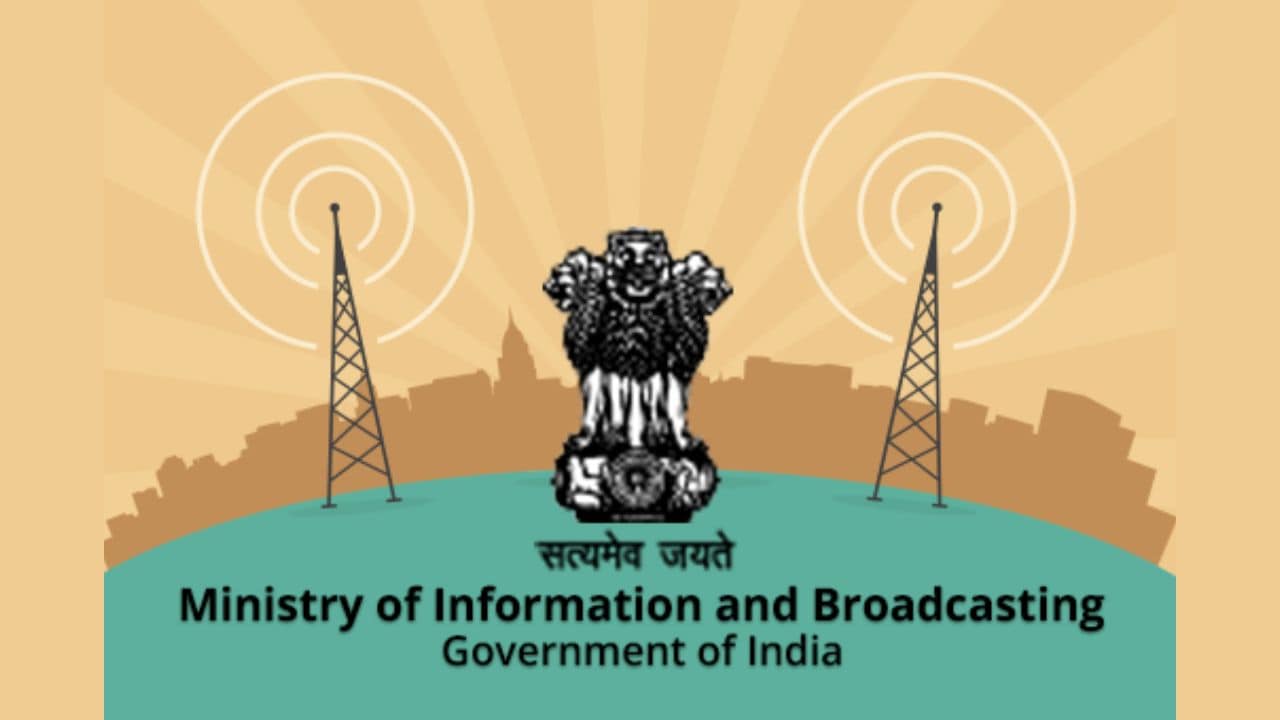Recently, multiple stakeholders from the Real Money Gaming (RMG) industry met with senior officials at the Ministry of Information and Broadcasting (MIB). The meeting was held to discuss several demands, including the MIB’s certification and quality seal for legitimate games, which would help distinguish them from illegal offshore betting apps.
It’s important to note that for more than nine months now, policies surrounding the RMG industry have been on the back burner. With no developments on the regulatory front, RMG companies continue to struggle under the burden of additional taxes. Many early-stage startups in the RMG space are burning through cash and have not achieved profitable growth in the country. Meanwhile, illegal offshore betting and gambling companies continue to expand their user base and revenue from India.
Until last October, online gaming did not have a specific tax rate, and companies typically paid 18% GST on the platform fee or commission they took from the money pooled by users. However, last year, the GST Council clarified that a 28% GST would be charged on the entry fees paid by users, significantly increasing the tax burden for gaming startups. The 28% tax applies to the full value of bets placed in online games, regardless of whether they involve games of skill or chance.
An industry stakeholder, speaking on condition of anonymity, said, “We have requested that the MIB officials give legitimate games a quality seal or certification so that there will be a clear distinction between illegal gambling and betting websites and apps. The RMG industry is bleeding heavily due to the tax burden, and many early-stage startups have had to shut down their operations.”
The stakeholder added, “Additionally, we have asked the government to recognize us as a tech company in the gaming space. The industry urgently needs clarity on the differentiation of our services. The MIB officials listened to our requests patiently and assured us that they will soon announce guidelines for the positioning and advertising policies of RMG, which will prevent illegal offshore companies from expanding their user base.”
It’s worth noting that the offshore sports betting market receives an estimated $100 billion annually in deposits from India and has been growing at 20 percent per year over the last three years, post-pandemic, according to a Think Change Forum (TCF) report.
Despite the best enforcement efforts, the illegal offshore betting industry (under the new GST regime) is projected to continue growing at a rate of at least 20 percent, leading to an estimated tax loss of ₹6.72 trillion by 2026, according to the report.
